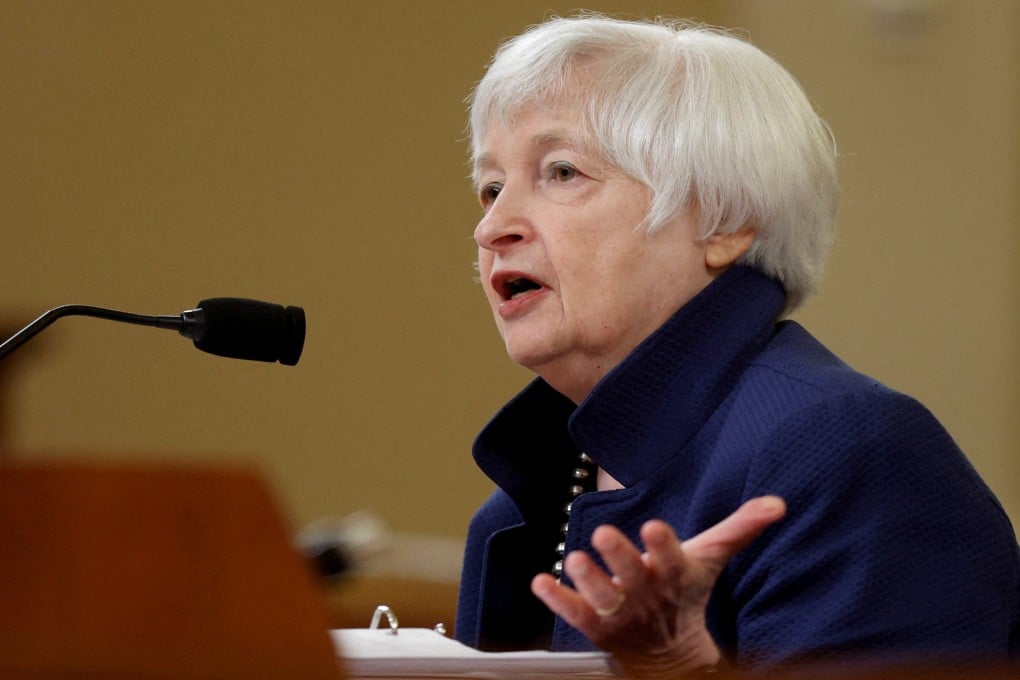Advertisement
Macroscope | Could ‘productivism’ fill the gap in a polarised era of waning globalisation?
- There are signs of a major reorientation towards a new economic policy framework as global sentiment turns away from globalisation
- Productivism, which emphasises production and investment over finance and aiding local communities over globalisation, is garnering bipartisan support
Reading Time:3 minutes
Why you can trust SCMP
0

A new economic paradigm becomes truly established when even its purported opponents start to see the world through its lens. At its height, the Keynesian welfare state received as much support from conservative politicians as it did from those on the left.
In the United States, Republican presidents Dwight Eisenhower and Richard Nixon bought fully into the paradigm’s essential tenets – regulated markets, redistribution, social insurance and countercyclical macroeconomic policies. They worked to expand social welfare programmes and strengthen workplace and environmental regulation.
It was similar with neoliberalism. The impetus for it came from economists and politicians – such as Milton Friedman, Ronald Reagan and Margaret Thatcher – who were market enthusiasts.
But the paradigm’s eventual dominance was in no small part because of centre-left leaders such as Bill Clinton and Tony Blair, who internalised much of its pro-market agenda. These leaders pushed for deregulation, financialisation and hyper-globalisation while paying lip service to ameliorating the consequent rise in inequality and economic insecurity.
Today, we are in the midst of a transition away from neoliberalism, but what will replace it is uncertain. The absence of a solidified new paradigm is not necessarily bad. We do not need another orthodoxy offering cookie-cutter solutions and ready-made blueprints for countries and regions with different circumstances and needs.
But economic policy must be guided by an animating vision. History suggests that the vacuum left as neoliberalism wanes will soon be filled by a new paradigm that will eventually need support across the political spectrum. Such an outcome might seem impossible given the current political polarisation, but there are already signs of convergence.
Advertisement
